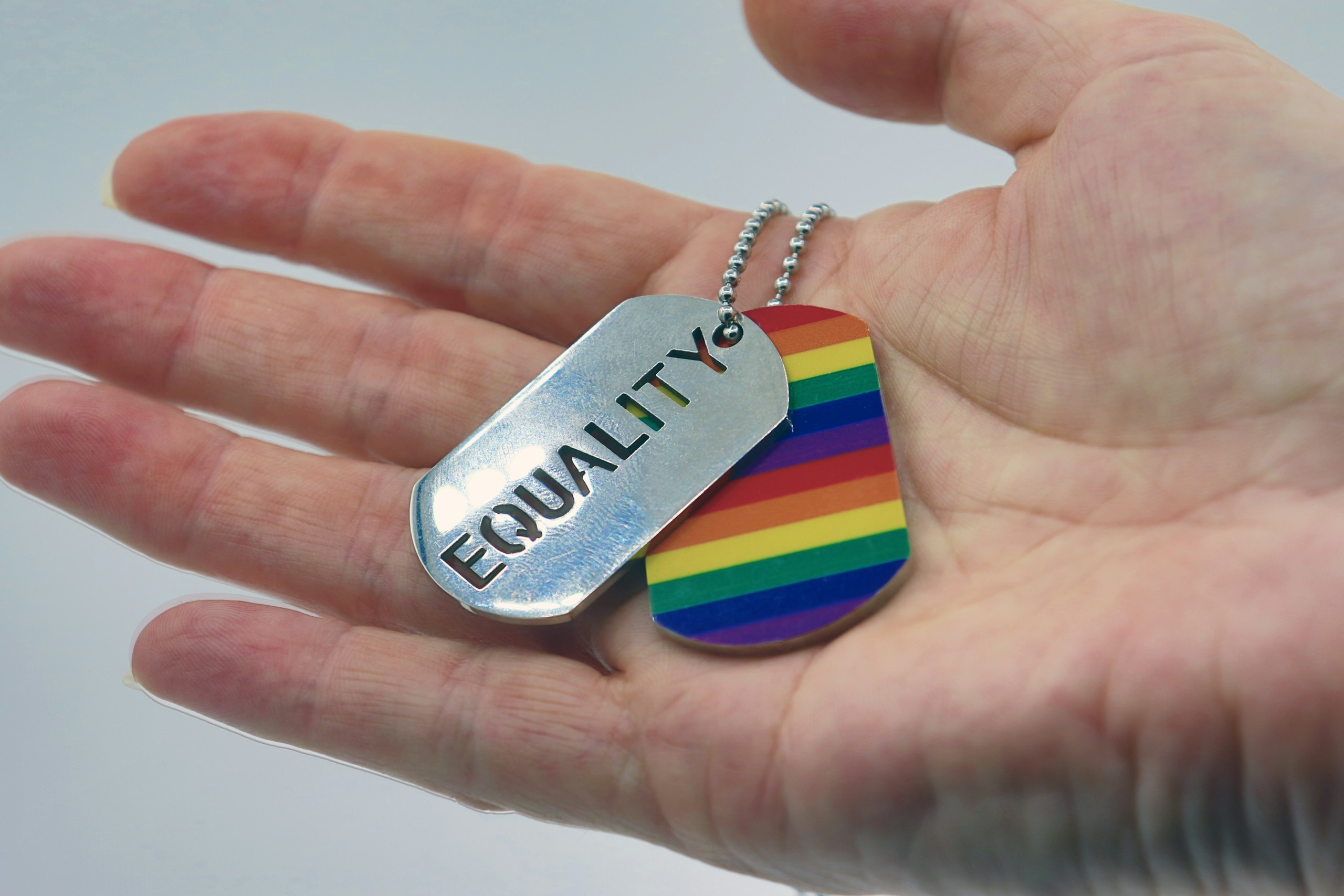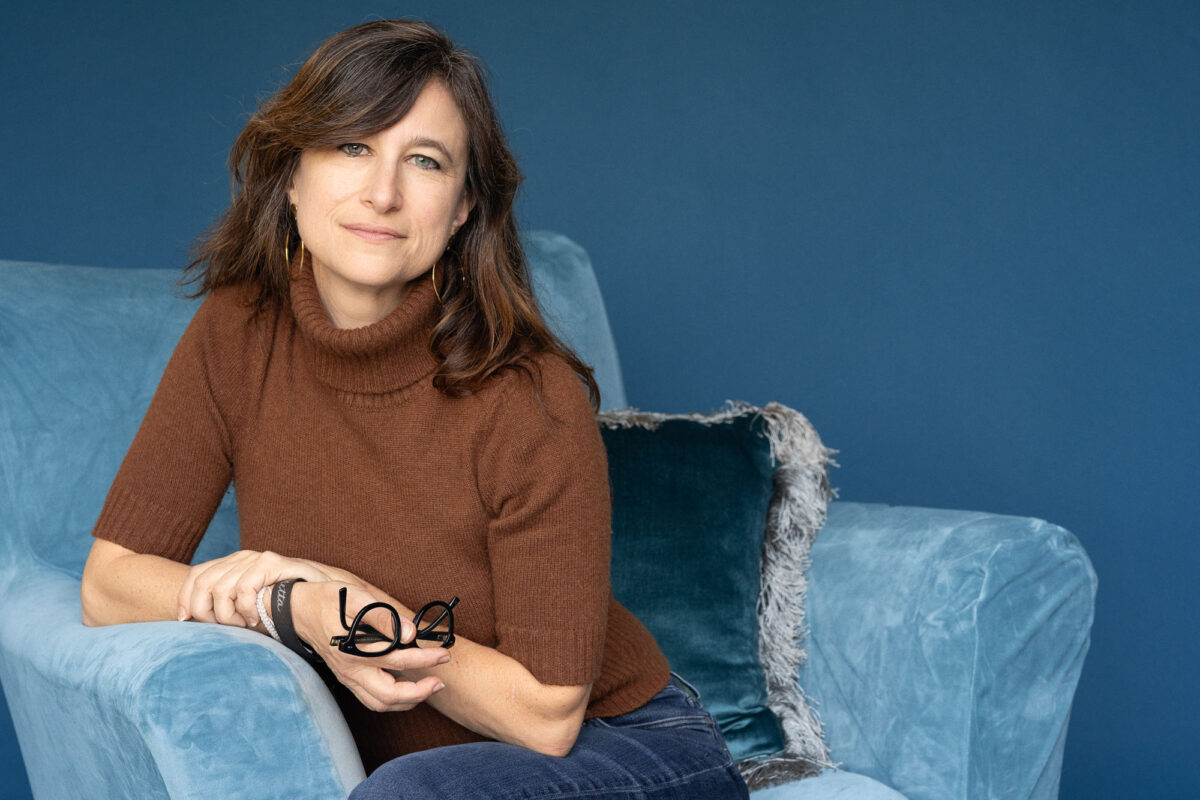My kids are now thirteen and sixteen. The growth I witness in my house is astonishing, both physically and emotionally. Both kids have shot up like reeds, and the things they say blow my mind. Not because their words are so “teenager-ey” that I can’t understand them (although sometimes that is true too), but mostly because my kids are so much more mature and sophisticated than I was at their age. They understand the world in a completely different way than I did as a teen, and on occasion it really puts me in my place. As much as I have to teach them, I also have a ton to learn from them. It makes me wonder: what do I need to adjust in myself so that I’m seeing them fully and accurately? When they look into my eyes, what do I want them to see reflected back at them? If I as a parent am a mirror for their self image, what do I want to reflect?
There’s a lovely blog from Tara Brach that addresses this question in a more global sense, but I’d love to talk about this in terms of raising trans and non-binary kids. When those kids look at us, what do they see looking back at them? When they look at you, what do you want to reflect?
Goodness knows the love we have for the kids in our lives can manifest in many ways. We want to grab them and hold them close, we want to warn them about the dangers of the world, we want to get them to behave and perform in ways that will get them ahead in society, and at times we feel the crushing weight of our fear for their futures. It’s the fear part that I want to address today, because fear can hold a special place in our lives when we love a trans or non-binary child.

Can they really know what they will want in ten years?
What if they’re bullied or assaulted?
What will the grandparents say?
And when we feel these fears overwhelm us, and the warnings/suggestions/urgency feel like they’re boiling up inside of us, what do we do? If we follow the sense of urgency, far too often we make our urgency the issue that’s being tended to, not the child in front of us. It would be unusual to think this consciously, but often we’re driven by the feeling that “I’m overwhelmed by this fear, and this kid has to understand right now that there is danger!” At this moment, whether we mean to or not, we are reflecting to our children that they are a problem and we care more about eliminating our fear than we care about them as a whole person.
It’s natural to want our children to understand what we’re feeling, but when we prioritize what we’re feeling over the actual person in front of us, our caring falls flat. So here’s the question again: what do you want to reflect to your child? That your fears are the most important issue, or that your love is a love that sees them with acceptance and reliability? And how do we even begin to reflect those positive messages when we can barely see past our concerns?
In her blog, Tara Brach quotes the Jesuit priest and psychotherapist, Anthony de Mello, and I’ll re-quote him here: “Look for things in them that you might have missed because of familiarity, for familiarity breeds staleness, blindness, and boredom. You cannot love what you cannot see afresh. You cannot love what you are not constantly discovering anew.”
Of course you can love a child without discovering something new every moment, but in what ways can your love be refreshed with your child? What might you be clinging to that no longer applies? Most importantly, what is your child excited and uplifted by in their gender journey, and can you reflect that excitement back to them?
Here’s a blunt question for you: are you so busy claiming that no one knows your child better than you that you can’t see the actual child in front of you? Can you bridge the gap between your idea of your child and what your child is expressing?
If you can look afresh at your child, discover joy where they discover joy, and really let them know that you are with them in that joy, then you no longer have to ask yourself what you want to reflect. You’ll be reflecting the most important message you possibly can: that you love them and are on board with them in their truth. In this, there is togetherness, comfort, and celebration. Your child can see the self that they long for reflected in your eyes, and in that, the urgency and fear can abate for both of you. I invite you to give this a try. Trust me, there’s time!
I also understand that this can be challenging. If you feel yourself struggling with connecting with your child on any level, if you can’t seem to find a way around the challenges you face, and if you’re feeling stuck, please don’t hesitate to get in touch with me. I’d be so happy to have a complimentary, 20 minute consultation with you. The consultation is a time to chat about what you’re hoping to achieve, to ask me any questions you may have, and to get the information you need to know if coaching is right for you. You can also find me at Nurture Life Coaching, if that’s helpful.
I’m here to help in all of this good work you seek to do! Let’s find a way forward together.



